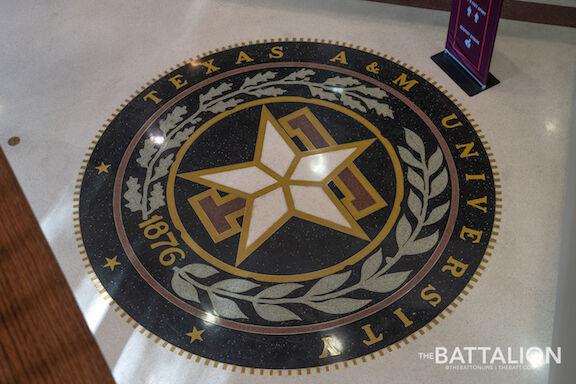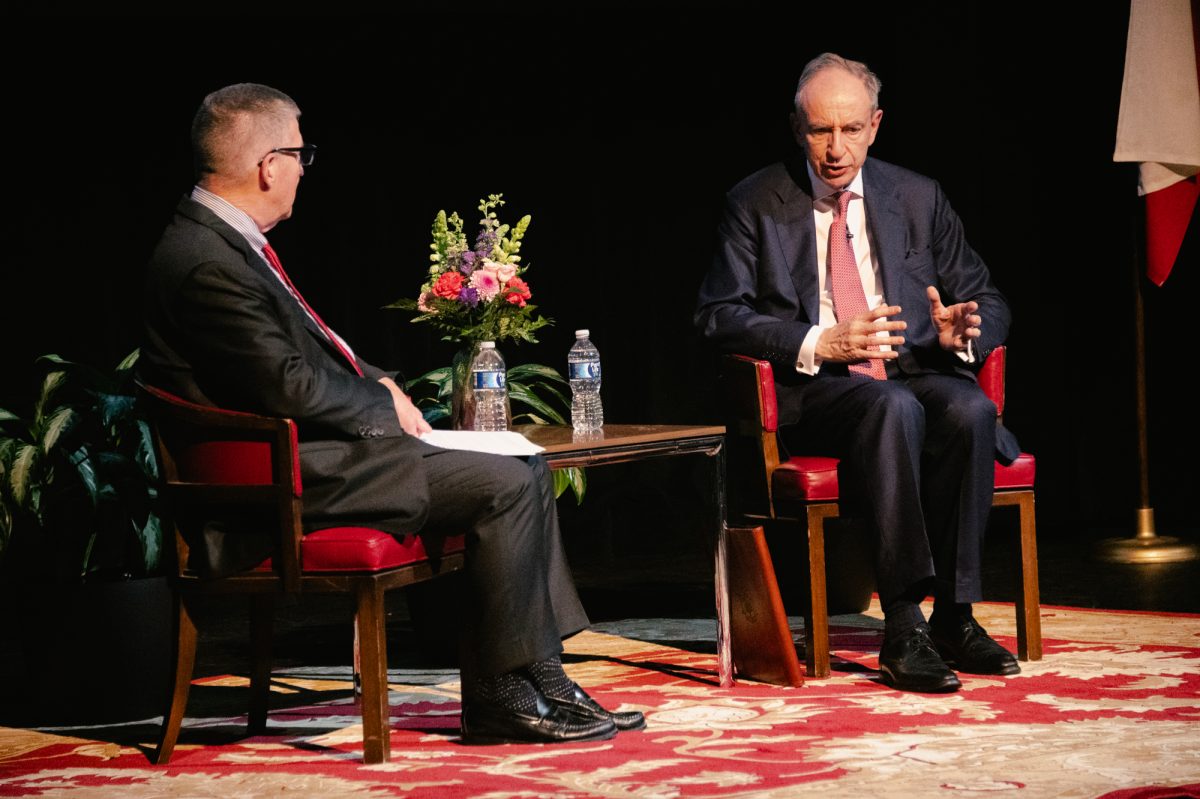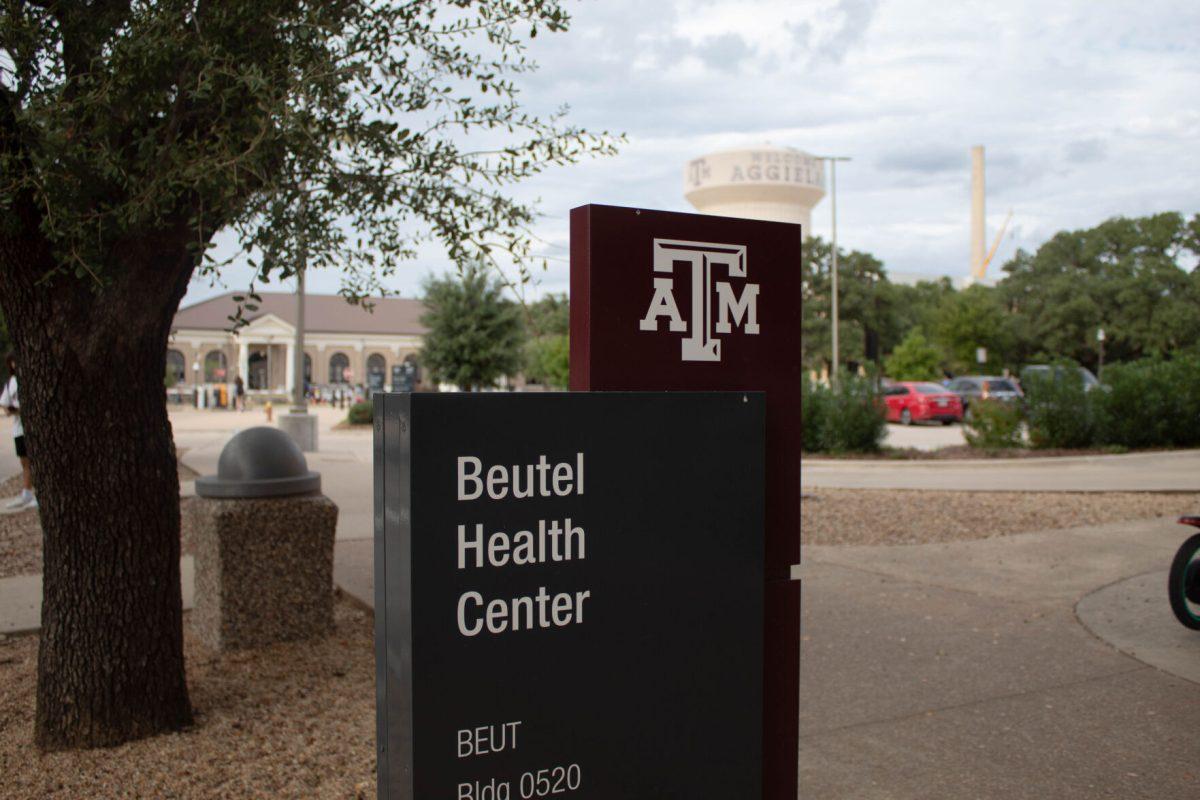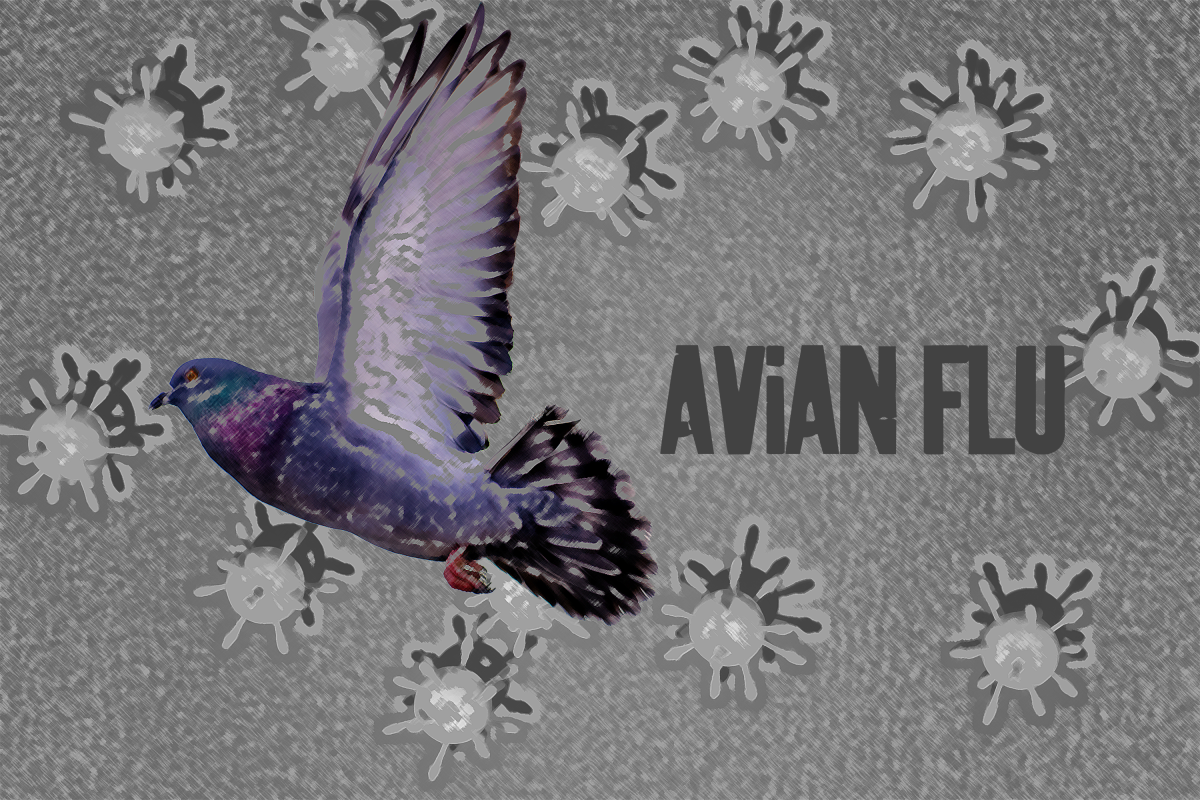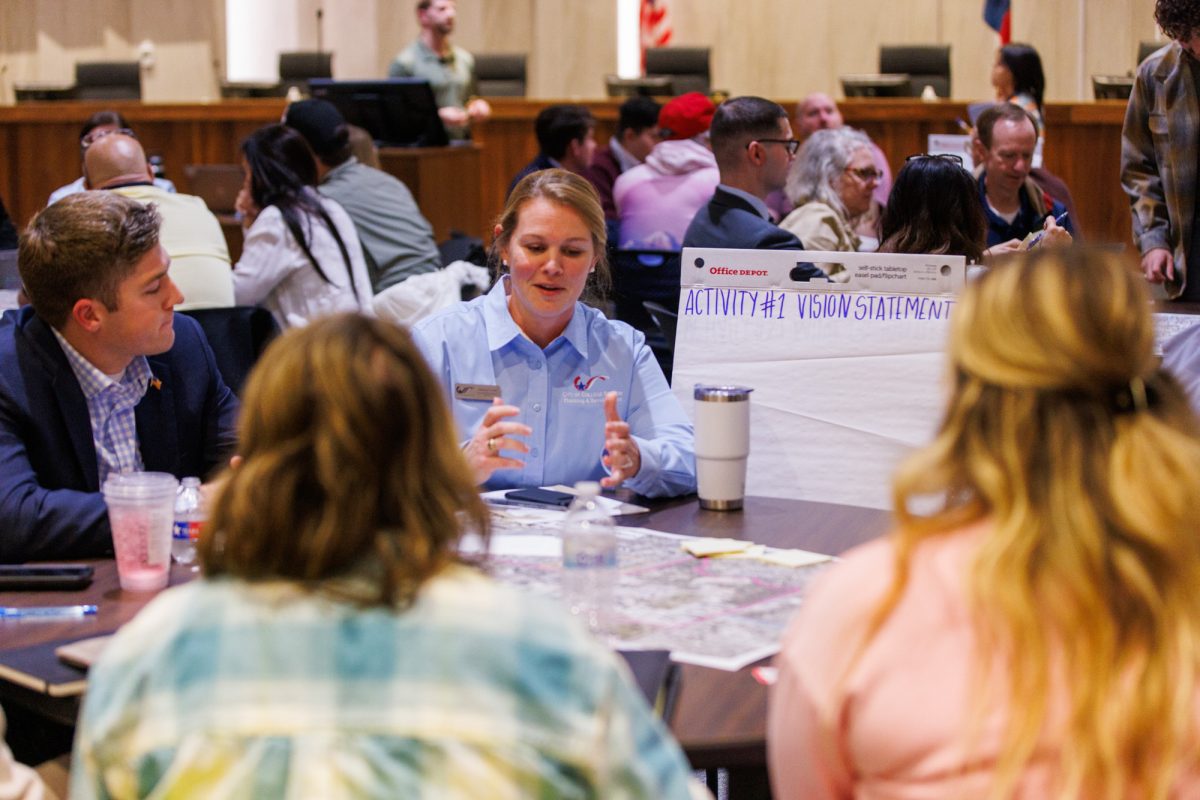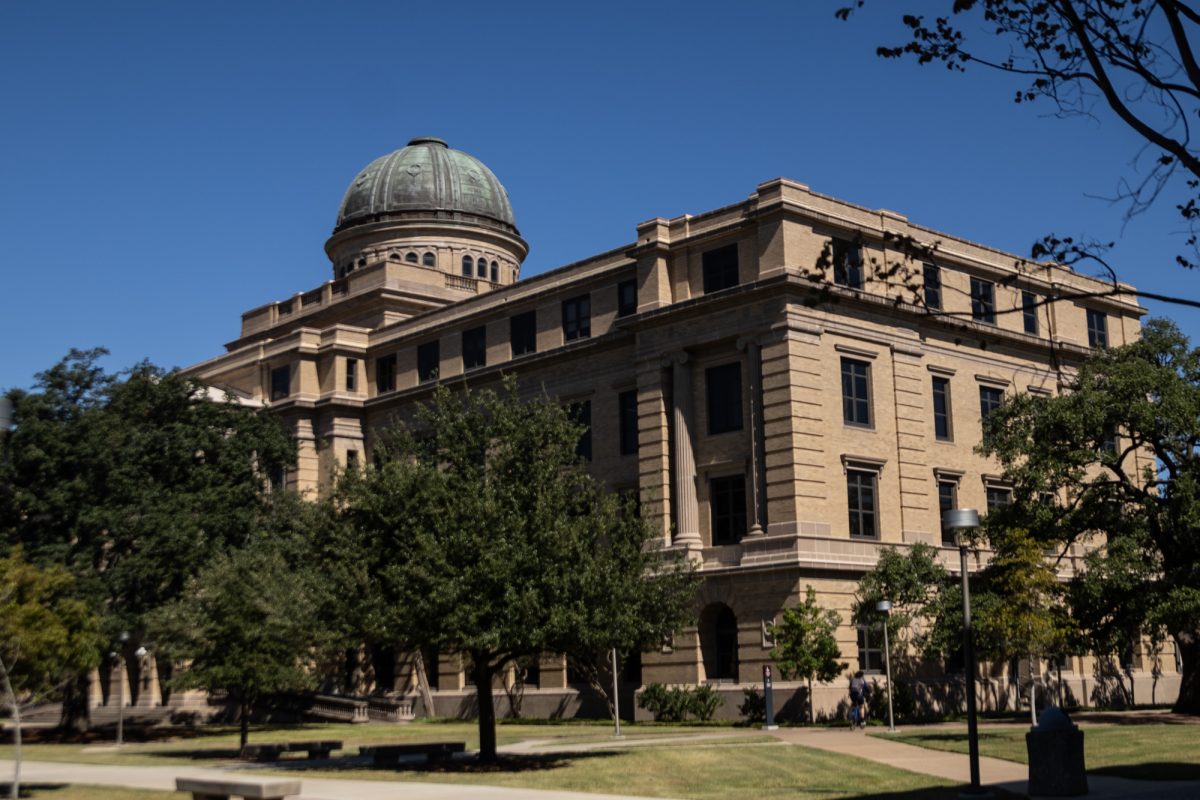As the feedback period nears its close, recommendations from the MGT report are still highly contentious among the student population.
The Student Government Association, or SGA, held an open forum on Wednesday, Nov. 3, to give students the opportunity to discuss the recent MGT consulting report recommendations for Texas A&M. The report recommended consolidation of many administrative departments, a combined College of Liberal Arts and Sciences and a centralized university advising office, among other recommendations.
The first recommendation discussed at the forum was seen by many students as the most controversial. The recommendation calls for the combination of the College of Liberal Arts, the College of Science and the College of Geosciences to create a new college deemed the College of Arts and Sciences.
Student reaction to this recommendation was mostly negative at the forum, with students, including international studies senior Alexia Hernandez who changed her major from geophysics to international students, arguing for the individualization of the three colleges. Hernandez argued the small size of the College of Geosciences is what drew her to A&M in the first place and that independent colleges give students access to the personalization of a small university with all of the resources of a university as large as A&M.
According to the report, the merger “creates a stronger advocacy for the liberal arts education at a STEM-focused university,” but benefits to the Science and Geosciences departments are not outlined.
The justification for the merger is that “12 of 19 peer institutions use this model,” the report reads. However, these 19 peer institutions do not include any other universities in the state of Texas or any university that is as large as A&M.
The consolidation which was praised by all students at the forum was the movement of the Department of Political Science into the Bush School of Government and Public Service, with the potential for the departments of Economics and International Studies to follow.
The recommendation was praised in the forum because of the increased opportunities it would allow for students in these majors.
Another recommendation many students discussed their displeasure with was Recommendation No. 2 in the Student Affairs section of the report, which would allow for more faculty oversight of student organizations.
Many students voiced their concerns about the recommendation, saying it takes away any possible leadership experience from student organizations. The consensus among students, including political science sophomore Graham Wolfe, was that leadership experience can only come through if students are allowed to flourish and fail. Hernandez described the recommendation as an “infantilization of grown adults.”
Hernandez also brought up concerns of too much oversight, which she believes could lead to the administration attempting to silence protests organized by student organizations. Hernandez said this requirement could open up the possibility of funds being stripped away if an organization does not do exactly what the faculty tells them.
The report suggests more oversight is necessary to give students the best leadership development experience possible.
“Student organizations should be strategically designed to provide leadership development and accountability opportunities,” the report reads. “Establishing student organizations as semi-professional entities with structured guidelines and expectations allows students to understand the reality of most post-college professional settings while enjoying shared interests with other students.”
The recommendation to build museums, parks and other cultural centers in the community and on campus received high praise from students at the forum. Students said this change would help to aid in community outreach and would give graduates a reason to stay in the Bryan-College Station area.
Aerospace engineering senior Gus Rodriguez said there is strength within the A&M community and its traditions and he believes some of the recommended changes to university structure could harm A&M.
“From the outside looking in, you can’t understand it,” Rodriguez said. “The report can’t decide whether traditions are a strength or a weakness of the university, when traditions are A&M’s greatest strength.”
Any students or faculty who have recommendations or concerns regarding the consultation report, are encouraged to provide feedback until Nov. 15.




